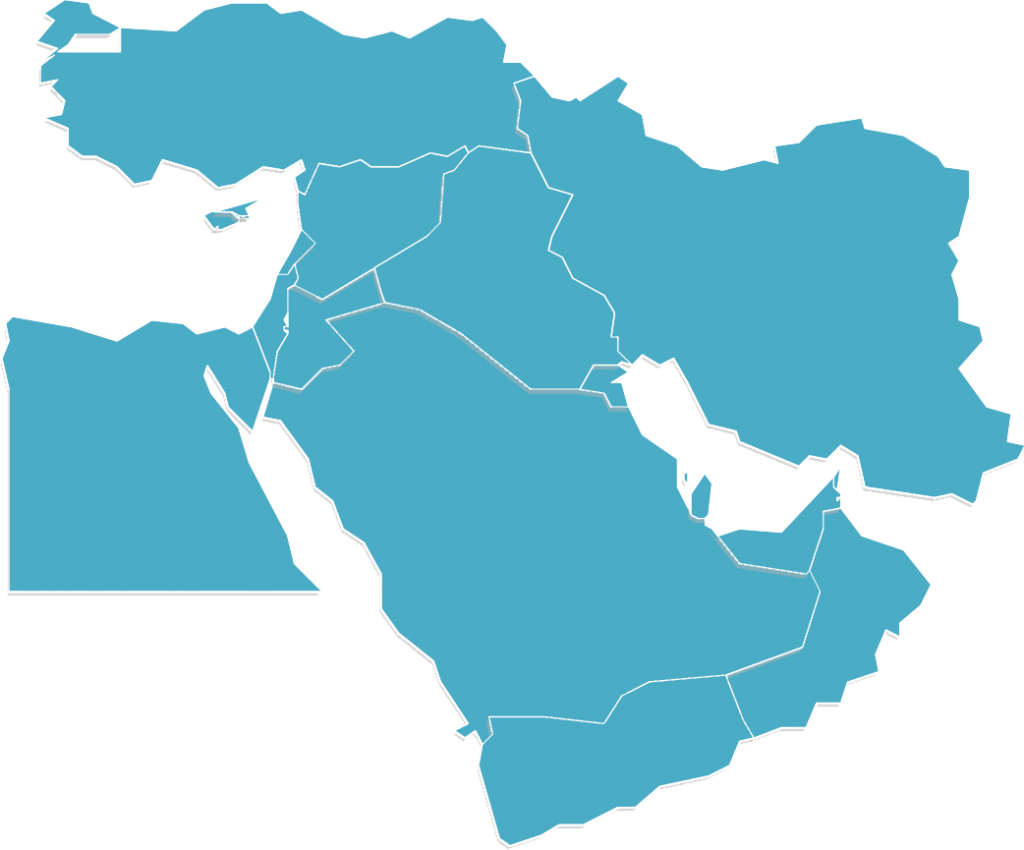Through his powerful and highly ornamented voice, and in his comprehensive knowledge of the intricate details of the music and poetry of Iraq, generations and layers of the maqam tradition resonate through Hamid al-Saadi’s magnificent presence on stage. The only person in his generation to have memorized and mastered all 56 maqamat from the Baghdadi repertoire, Al-Saadi is one of the few vocalists who is keeping the maqam alive today at a time when so many elements of this profound tradition are in danger of extinction.
Born in Iraq in 1958, Hamid Al-Saadi’s artistic, musical, and scholarly journey with the Iraqi maqam began in his childhood thanks to his avid love of Iraqi and Baghdadi culture and Arabic language, music, and poetry. He studied, practiced, and performed the Iraqi maqam until he became one of the more renowned and highly acclaimed musicians and scholars in this subject. He learned the arts of singing and performing from the legendary Yusuf Omar (1918-1987), who pronounced Al-Saadi as his successor. Muhammed Al-Gubbenchi (1901-1989), who taught Omar and was probably the most influential maqam reciter in history, said that he considered Al-Saadi to be the “ideal link to pass on the maqam to future generations.”
Al-Saadi immigrated to Great Britain in 1999, where he lived and was active for six years as a maqam scholar, singer, artist, and writer, returning to Baghdad in 2004. He authored a book on the maqam entitled, “al-maqam wo buhoor al-angham,” one of the most comprehensive texts on the Iraqi Maqam and its poetry ever published.
He is now in the United States on an Artist Protection Fund Fellowship with one-year teaching positions at Rutgers University and Sarah Lawrence College. He has also performed at Duke University, the Wexner Center for the Arts in Columbus, Ohio, the Kennedy Center Jazz Club, the Old Town School of Folk Music, Princeton University, Yale University, the Freer and Sackler Museum, the Metropolitan Museum, Roulette, and the David Rubenstein Atrium at Lincoln Center, in addition to a number of lectures and private performances at various universities.
Inscribed in 2003 on UNESCO’s Representative List of the Intangible Cultural Heritage of Humanity, the Iraqi Maqam represents one of Iraq’s richest cultural offerings. The maqam has been developed and refined by generations of masters who passed this highly sophisticated tradition orally in coffeehouses, courts, and salons over the centuries in the cities of Baghdad, Mosul, Kirkuk, and Basra as well as in rural areas. The maqam’s sophisticated melodies, cyclical rhythms, and eloquent poetry are a direct reflection of Iraq’s history, geography, culture, and folklore: in it can be found the essence of all that is Iraqi.


